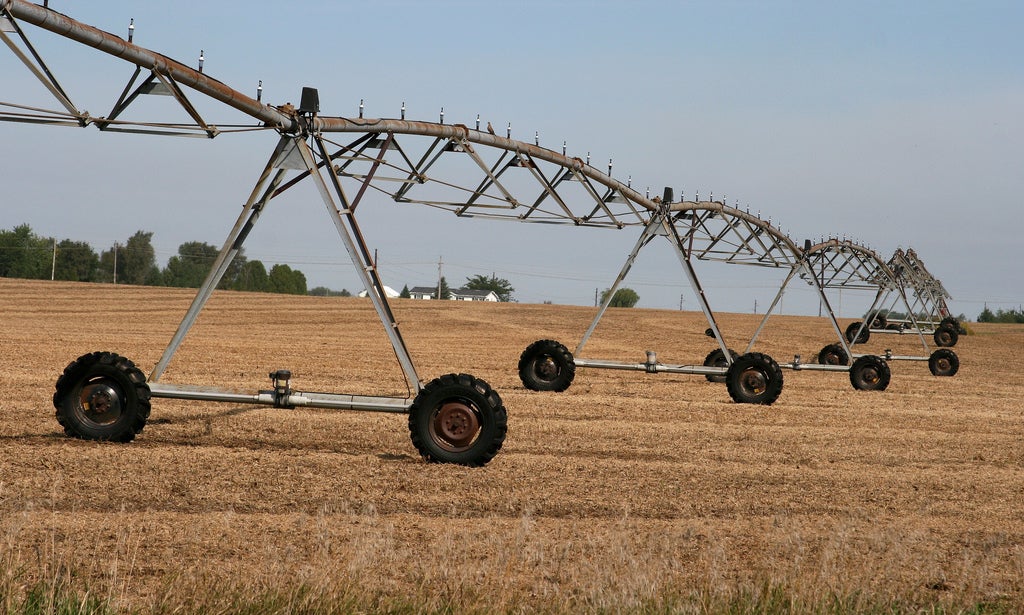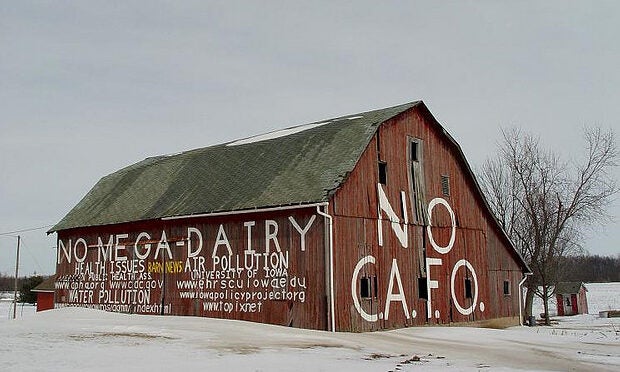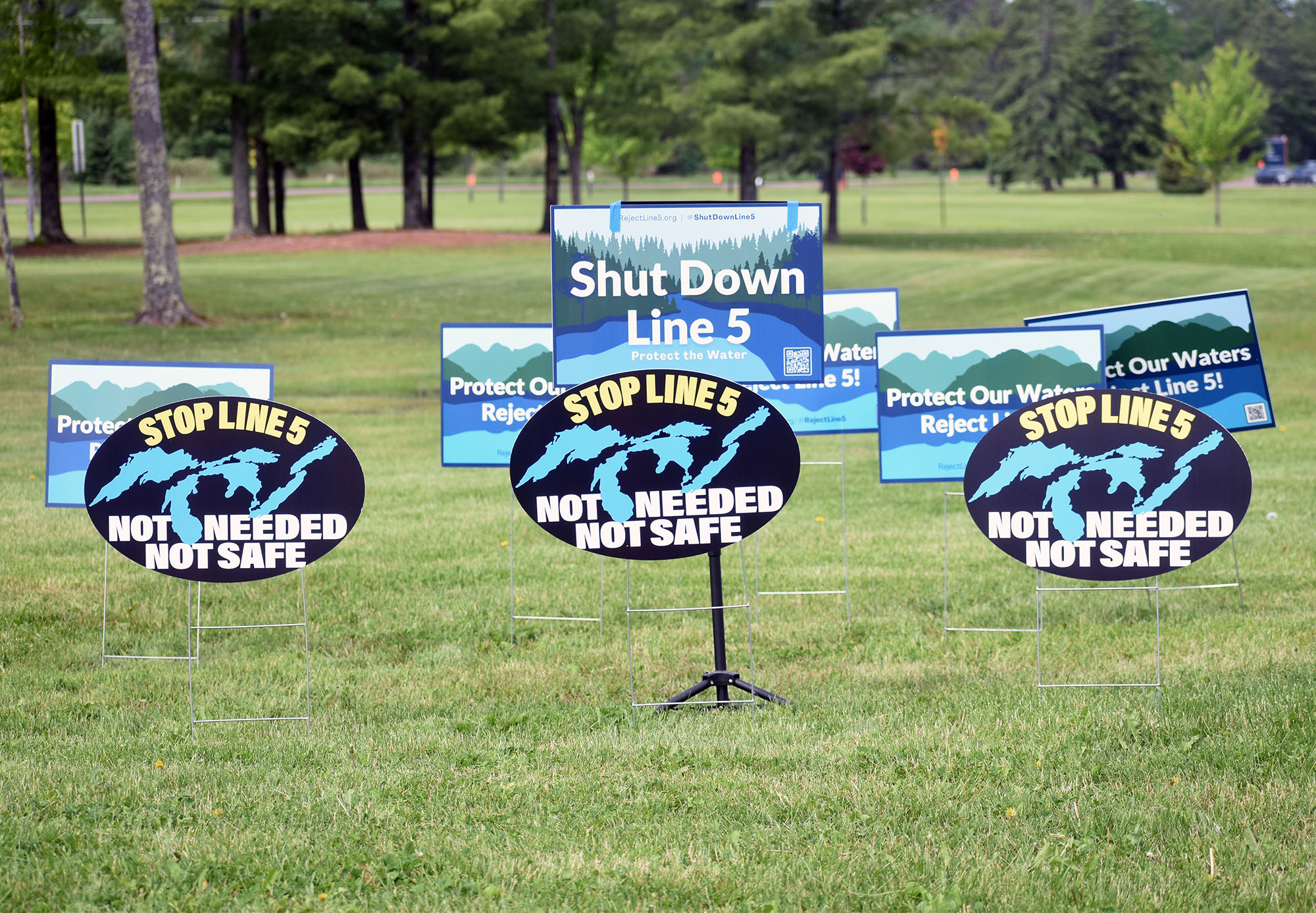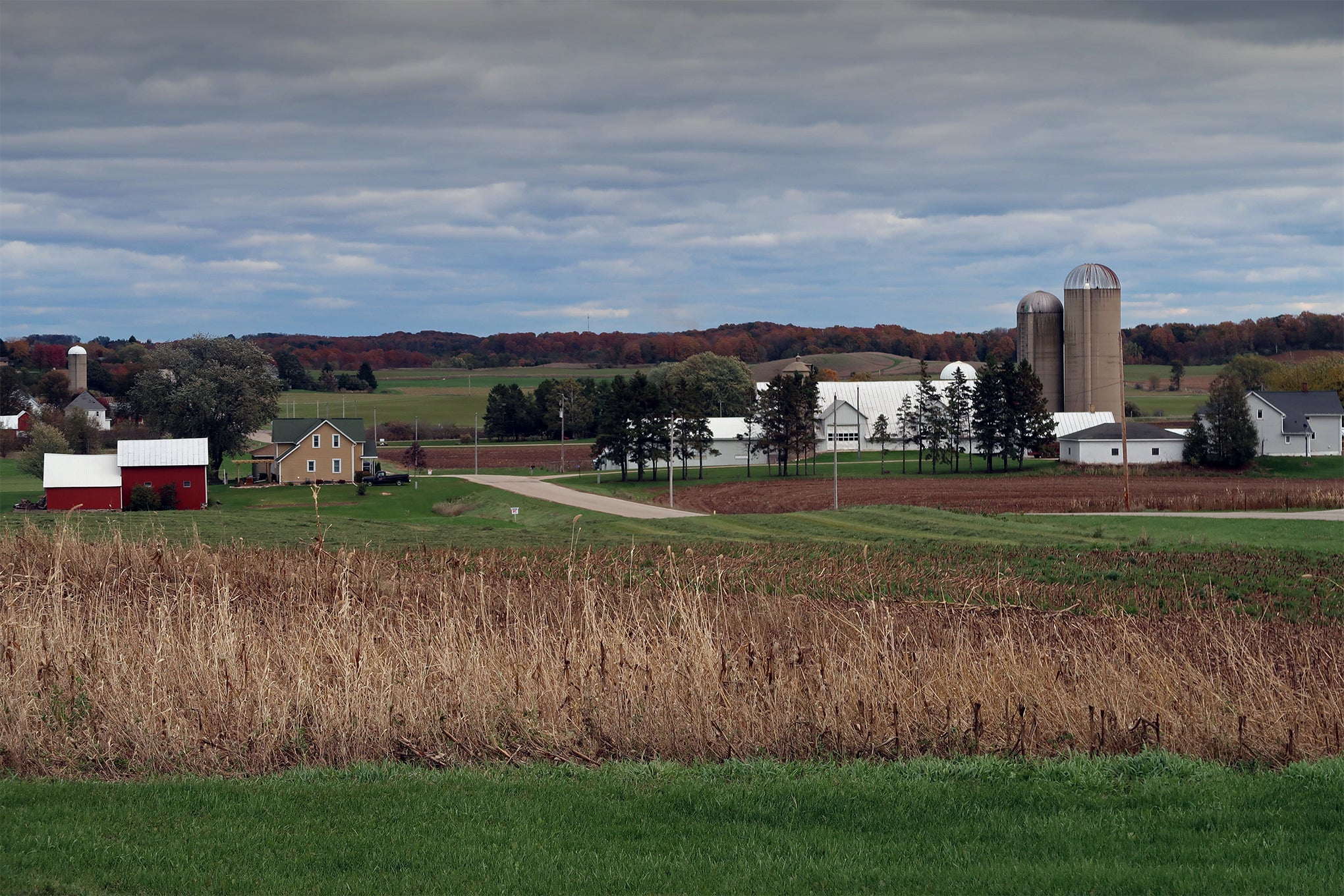A Dane County judge has thrown out the permits for seven high-capacity wells issued by the state Department of Natural Resources and sent an eighth well permit back to the agency for reconsideration.
On Wednesday, Circuit Judge Valerie Bailey-Rihn also ruled that when the DNR issues new well permits, the agency must take into account the cumulative impact of other nearby high-capacity wells on vulnerable streams, lakes and groundwater.
The ruling overturns an opinion by Wisconsin Attorney General Brad Schimel, a Republican, who said that because of a law passed by the Legislature in 2011, the DNR could not consider cumulative impacts.
Stay informed on the latest news
Sign up for WPR’s email newsletter.
Bailey-Rihn cited the Public Trust Doctrine of the Wisconsin Constitution, which states the state must protect the public’s access to navigable waters.
“This court is bound by nearly 120 years of precedent and a long rich history in the state of respecting the Wisconsin Constitution and its fundamental protection of the waters of the state for the enjoyment of all,” Bailey-Rihn ruled.
The lawsuit was filed by the environmental group Clean Wisconsin in response to a policy change by the DNR in 2016. The new policy led to the approval of 190 high-capacity well permits in a matter of months, according to the Associated Press.
The ruling was praised by Katie Nekola, general counsel of Clean Wisconsin, which filed the lawsuit with the Pleasant Lake Management District of Coloma in Waushara County.
“I react the same way that the judge did, which is that the attorney general’s opinion is not persuasive,” Nekolah said. “His opinion cannot supersede the duty that the DNR has under the state constitution.”
Two scientific studies have shown high-capacity wells in the state’s central sands region are factors in lakes and trout streams that have dried up.
Nekola said Clean Wisconsin chose to challenge wells DNR scientists identified as potential problems.
“We looked at the ones that really had the most egregious environmental impacts, the ones where the DNR’s own scientists had concluded themselves that these wells would have unacceptable impacts,” Nekola said. “Basically, we chose the worst wells.”
The DNR had no comment on Wednesday’s ruling. A spokesman said the department is still reviewing it.
Editor’s Note: This story was last updated at 4:36 p.m. Thursday, Oct. 12, 2017, with original reporting from WPR.
Wisconsin Public Radio, © Copyright 2025, Board of Regents of the University of Wisconsin System and Wisconsin Educational Communications Board.





